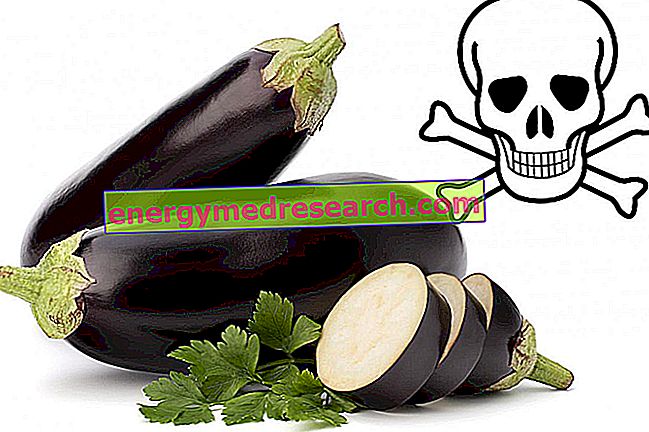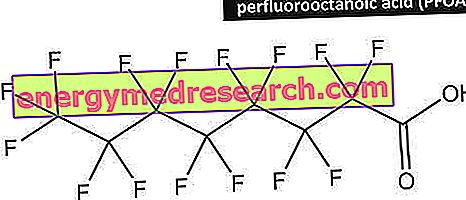
Eggplants belong to the family of the solanaceae, which includes many edible and other poisonous species. Among the most used solanaceae for human nutrition we find tomatoes, peppers and chillies, the aforementioned aubergines and potatoes.
As for the poisonous solanaceae, the toxicity depends on the presence of psychoactive alkaloids, among which the best known is solanine. The latter acts as a defense against phytophagous insects and is present in every part of the plant, including leaves, fruits and roots.
The edible food most at risk for solanine poisoning is the potato; however, this risk is eliminated by removing the skin, a very important gesture especially when it has greenish shades. Besides belonging to the same family, aubergines ( Solanum melongena ) and potatoes ( Solanum tuberosum ) belong to the same genus and are therefore strongly related.
For all these reasons many people believe that raw aubergines are toxic to the body. In reality this risk does not exist, given that the concentrations of solanine in the fruit are not particularly high (approximately the same as those of potatoes); the risk would instead become more concise if you consume flowers and eggplant leaves in large quantities.
The raw eggplant fruits contain between 6.1 and 11.3 mg of solanine per 100 grams.
Solanine can cause toxicity symptoms at dosages ranging from 2-5mg / kg of body weight, and can become lethal at dosages ranging from 3-6mg / kg of body weight. Therefore, for a 70kg person, the dose of raw eggplant that begins to become dangerous is in the order of 1.5kg. In case of cooking, the quantity of solanine can be reduced, even if for its complete elimination it is necessary to reach very high temperatures.
Eggplants are among the richest vegetables in histamine, which could give problems of pseudo-allergic reactions in individuals with an atopic tendency.



